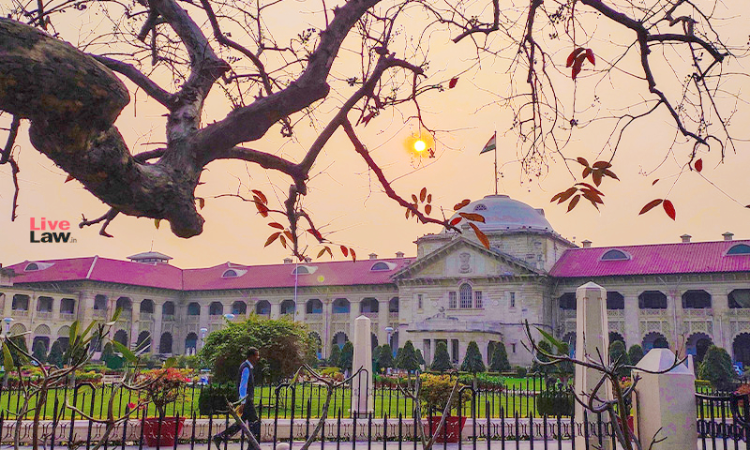The Allahabad High Court has observed that recovery of an article/weapon from a place hitherto unknown to anybody else including the investigating officer, is a fact that underlines the confirmation theory which is at the heart of provisions of Section 27 of the Indian Evidence Act.The bench of Justice Suneet Kumar and Justice Jyotsna Sharma observed thus as it affirmed the conviction of a...

